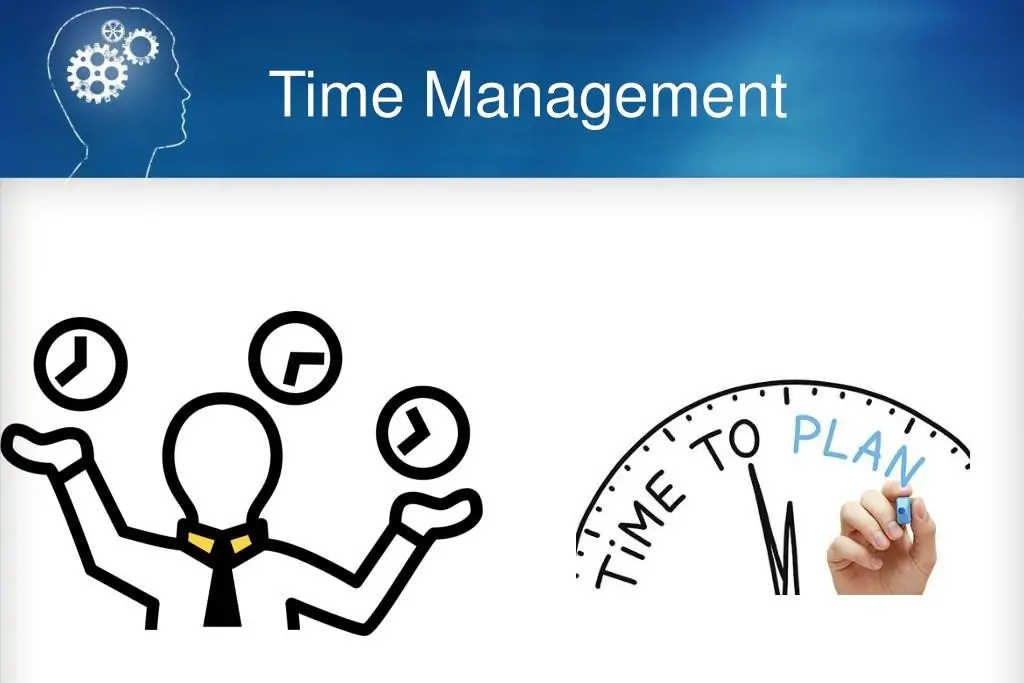Time Management Techniques Proven Daily Strategies

Take Control of Your Day with Proven Strategies
Time Management Techniques Proven Daily StrategiesIn our busy world today, efficient time management is more than a useful skill—it is a necessity for productivity, work-life balance, and personal achievement. Whether you are a student, business person, entrepreneur, or stay-at-home parent, getting your time in order can make a dramatic difference in what you accomplish on a daily basis.

In this comprehensive guide, we’ll explore the best time management techniques, supported by science and used by the world’s most productive individuals. By the end of this article, you’ll be equipped with actionable strategies to take control of your time and reach your goals more efficiently.
What Is Time Management?
Time management is the act of planning and controlling the amount of time to be spent on certain activities. Effective time management enables one to accomplish more within a shorter time, reduce stress levels, and enjoy a more satisfying life.
- Effective time management demands:
- Goal-setting
- Prioritization
- Planning
- Focus
- Self-discipline
Through the use of the correct time management techniques, you can streamline your daily schedule and leave space for what is really important.
Why Is Time Management Important?

Following are the main reasons time management is critical:
1.Increases Productivity
Time management allows you to accomplish more within less time. Through prioritization and avoiding distractions, you’ll get work done quicker and with better efficiency.
2. Reduces Stress
When you plan your time wisely, you cut down on anxiety due to hurrying or having too much on your plate and deadlines looming.
3. Enhances Focus
With a clear plan, you’re less likely to get distracted or waste time on things that don’t matter.
4. Increases Work-Life Balance
Time management allows you to schedule hours for work, rest, family, and personal activities—to enjoy a more balanced life.
5. Assist You in Accomplishing Goals
By goal setting and remaining committed to a time-linked plan, you move steadily towards your personal as well as professional goals.
Top 15 Time Management Techniques That Reay work Proven Daily Strategies
Let’s talk about the most powerful time management methods that will change your productivity.

1.The Eisenhower Matrix
The Eisenhower Matrix assists in setting priorities based on urgency and importance:
- Urgent and Important – Do them immediately.
- Important but Not Urgent – Plan these.
- Urgent but Not Important – Delegate when possible.
- Neither Urgent nor Important – Eliminate them.
This method keeps you on track of what is really important and not just what feels urgent.
2. The Pomodoro Technique
The Pomodoro Technique applies intervals to improve concentration:
Work for 25 minutes (1 Pomodoro)
Take a 5-minute break
After 4 Pomodoros, take a longer break (15–30 minutes)
This technique increases concentration and decreases mental fatigue.
3. Time Blocking
Time blocking is the practice of breaking your day into blocks of time, each dedicated to a particular task or set of tasks.
For instance:
- 8:00–9:00 AM: Emails
- 9:00–11:00 AM: Deep work
- 11:00–12:00 PM: Meetings
This helps you focus uninterrupted time on your highest-priority tasks.
4. Creating SMART Goals
SMART goals are:
- Specific
- Measurable
- Achievable
- Relevant
- Time-bound
Having SMART goals gives you clarity and structure, enabling you to utilize your time more effectively to attain specific results.
5. The 80/20 Rule (Pareto Principle)
The 80/20 Rule states that 80% of your results are generated by 20% of your efforts. Find and prioritize the most effective tasks that yield the most results. Example: If you’re a business owner, 20% of your customers might be generating 80% of your income. Prioritize cultivating those high-probability relationships.
6. Eat That Frog
“Eat That Frog” is a term coined by Brian Tracy, which refers to completing your toughest or most critical task first thing in the morning.
Why it works:
- Working on huge tasks first energizes you.
- You won’t put things off.
- The rest of the day doesn’t seem so bad.
7. Use the Two-Minute Rule
If it can be done in less than two minutes, do it right away. This avoids little things from adding up and burying you later.
Example: Responding to a quick email or cleaning your desk.
8. The Ivy Lee Method
Every evening, list the six most critical tasks for the following day in order of priority. The following day, begin with the first task and proceed downwards.
Simple, but extremely useful for day-to-day planning and avoiding decision fatigue.
9. Batch Processing
Batch tasks of a similar nature together and do them all in one go. This saves context switching and increases efficiency.
Examples:
- Replying to emails
- Making calls
- Writing blog posts
10. Work with a Planner or Digital Schedule
Planners help you glimpse your agenda and stay on pace. Use paper planners or Google Calendar, Notion, or Trello programs to:
- Establish deadlines
- Arrange your day or week
- Keep tabs on the progres
|
11. Set firm boundaries
Time management isn’t merely scheduling but also protecting time.
Tips:
- Decline stuff that won’t assist with your goals
- Escape duplicate meetings
- Develop time blocks on social networking
12. Master the One-Thing Rule
Do just one thing at a time. Multitasking is a fiction that makes you perform worse and more often make errors.
Single-tasking helps you finish work quicker and of better quality.
13. Delegate and Outsource
You don’t have to do everything yourself. When another person can get a piece of work done, assign it to free up space in your schedule for significant work.
Example: Let a virtual assistant deal with emails or social media.
14. Monitor Your Time
This recognizes time-wasters and allows you to improve your calendar.
You may be surprised at how many hours you spend on unproductive activities like email checks or scrolling social media.
15. Regularly Review and Reflect
Finish off every week with a review:
What did you accomplish?
What didn’t work for you?
How can you improve next week?
Regular reflection assists in improving your time management skills and modifying your strategies for improved results.
Time Management Strategies for Various Lifestyles Time Management Techniques Proven Daily Strategies
For Students
- Utilize a study planner
- Divide assignments into bits
- Eliminate distractions during studying
- Set deadlines before actual due dates
For Professionals
- Begin with high-priority tasks
- Stay away from multitasking during meetings
- Utilize calendar reminders
- Save deep work time
For Entrepreneurs
- Automate routine tasks
- Outsource non-core processes
- Block creative time
- Monitor productivity metrics
For Parents
- Develop a flexible schedule
- Utilize routine for children
- Prioritize family and personal time
- Involve children in planning
Common Time Management Mistakes to Avoid
- Overcommitting: Saying yes to all leads to burnout.
- Forgetting breaks: Results in mental exhaustion and poor focus.
- Reluctance in planning: Without planning, time is lost without even realizing it.
- Multitasking: Reduces productivity and increases stress.
- Perfectionism: Spending too much time on one project can delay others.
Avoiding such mistakes and their identification plays a crucial role in effective time management.
Tools and Apps for Improving Time Management

Here are some favorite tools to help you stay organized:
- Todoist: Organizing tasks
- Trello: Visualizing projects R
- escueTime: Tracks time online
- Forest: Stays your phone away
- Notion: Workspace in one
- Clockify: Time tracking for teams and individuals
Digital tools can make your planning easy and keep you on track.
Final Thoughts: Take Control of Your Time
Mastering time management is not about packing more into your day. It’s about making more effective choices around how you’re spending your time. The goal is to get more focused, less stressed, and have more time for what truly matters—to your career, your family, or your own health.
These powerful time management techniques can help you take control of your schedule and move towards your goals with confidence.







